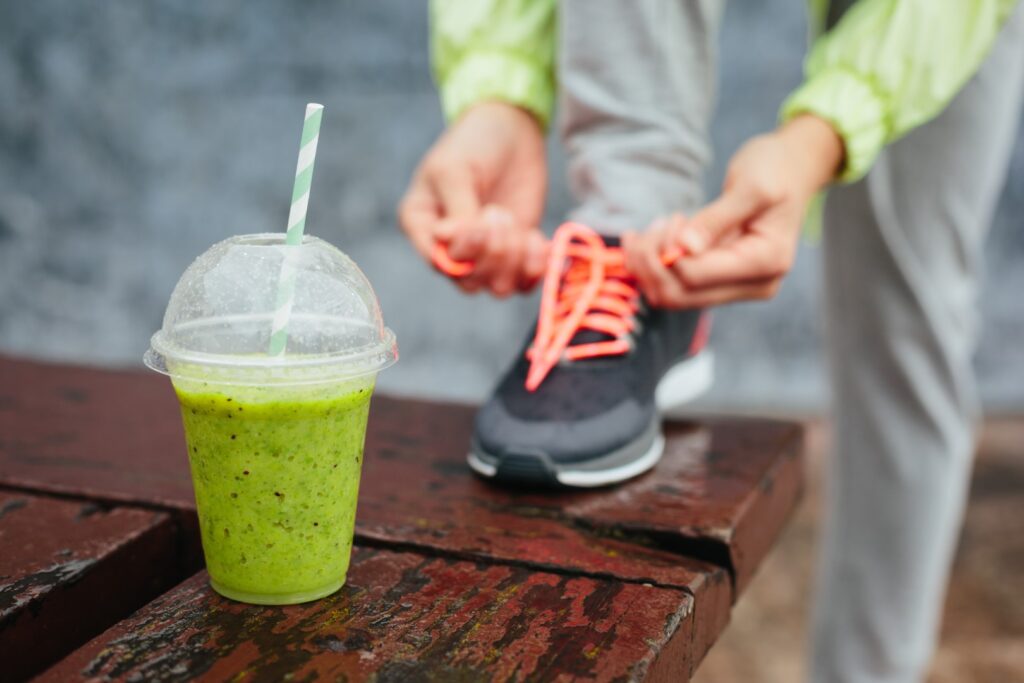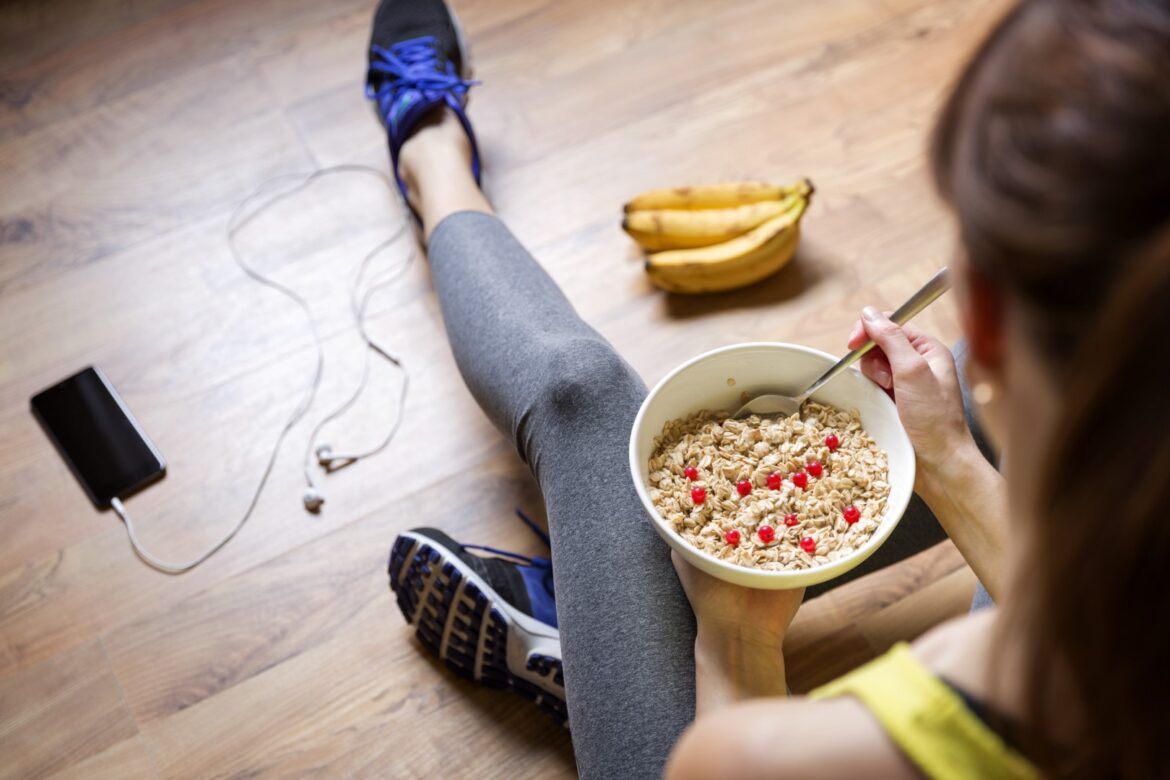Sports nutrition is a critical component of athletic performance. Proper nutrition can help athletes achieve their goals, whether they are looking to improve their endurance, speed, strength, or recovery. This blog will explore the science of sports nutrition and provide tips for fueling your body for optimal performance.
Macronutrients: The Building Blocks of Sports Nutrition
Macronutrients are the three types of nutrients that make up the majority of our diet: carbohydrates, proteins, and fats. Each of these macronutrients plays a crucial role in sports nutrition.

Carbohydrates: Carbohydrates are the body’s primary source of energy. During exercise, carbohydrates are broken down into glucose, which is used to fuel muscle activity. Athletes who engage in high-intensity or endurance activities require more carbohydrates to fuel their workouts. Good sources of carbohydrates include whole grains, fruits, vegetables, and legumes.
Proteins: Proteins are essential for muscle growth and repair. Athletes who engage in strength training require more protein to help build and repair muscle tissue. Good sources of protein include lean meats, fish, eggs, dairy products, beans, and nuts.
Fats: Fats are important for providing energy, insulating the body, and protecting vital organs. Athletes require a moderate amount of healthy fats in their diet. Good sources of healthy fats include avocados, nuts, seeds, olive oil, and fatty fish.
Hydration: The Importance of Fluids in Sports Nutrition
Hydration is critical for athletic performance. Dehydration can lead to fatigue, cramps, and reduced endurance. Athletes should aim to drink enough fluids to replace what they lose through sweating during exercise. A good rule of thumb is to drink 16-20 ounces of water 2-3 hours before exercise, and then 7-10 ounces every 10-20 minutes during exercise. Sports drinks can be beneficial for athletes engaged in prolonged or intense exercise, as they can help to replace electrolytes lost through sweating.
Supplements: Do They Have a Place in Sports Nutrition?
Supplements can be a valuable addition to an athlete’s nutrition plan, but they should not replace a healthy diet. Here are some supplements that athletes may consider:
Protein powder: Protein powder can be a convenient way to increase protein intake, especially for athletes who are on the go. However, athletes should aim to get most of their protein from whole food sources.
Creatine: Creatine is a natural substance found in the body that can help improve athletic performance. However, athletes should be cautious when using creatine, as it can cause dehydration and muscle cramping.
Caffeine: Caffeine can improve mental focus and reduce fatigue, making it a popular supplement among athletes. However, athletes should be aware of the potential side effects of caffeine, such as jitteriness and an increased heart rate.
Meal Timing: When and What to Eat Before and After Exercise
When and what athletes eat before and after exercise can have a significant impact on their performance and recovery. Here are some tips for meal timing:
Pre-exercise: Athletes should aim to eat a meal containing carbohydrates and protein 2-3 hours before exercise. This will give the body enough time to digest the food and provide energy for the workout. Good pre-exercise meals include oatmeal with fruit and nuts, a turkey sandwich on whole grain bread, or a smoothie made with yogurt and fruit.
Post-exercise: After exercise, the body needs carbohydrates and protein to help repair and rebuild muscle tissue. Athletes should aim to eat a meal containing carbohydrates and protein within 30 minutes of exercise. Good post-exercise meals include grilled chicken with sweet potatoes and vegetables, a tuna salad sandwich on whole grain bread, or a protein smoothie made with Greek yogurt and berries.
Timing and portion sizes may vary depending on the individual athlete’s needs, training intensity, and goals. It is essential to consult with a registered dietitian or sports nutritionist to develop a personalized nutrition plan.
Foods to Avoid: What Not to Eat Before and After Exercise
Some foods can be detrimental to athletic performance and should be avoided before and after exercise. Here are some foods to avoid:
High-fat foods: High-fat foods, such as fried foods or fatty meats, can take longer to digest and can cause gastrointestinal distress during exercise.
Sugary foods: While carbohydrates are essential for energy, athletes should avoid consuming high amounts of sugar, such as candy or soda, before exercise. These foods can cause a rapid increase in blood sugar levels, leading to a crash in energy levels.

Processed foods: Processed foods, such as chips or snack cakes, are typically high in fat, sugar, and sodium and provide little nutritional value. These foods can lead to poor performance and recovery.
Sports nutrition is a crucial component of athletic performance. Athletes should aim to consume a balanced diet containing adequate amounts of carbohydrates, protein, and healthy fats. Hydration is critical for athletic performance, and athletes should aim to drink enough fluids to replace what they lose through sweating. Supplements can be a valuable addition to an athlete’s nutrition plan, but they should not replace a healthy diet. Meal timing is essential, and athletes should aim to eat a meal containing carbohydrates and protein 2-3 hours before exercise and a meal containing carbohydrates and protein within 30 minutes of exercise. Finally, athletes should avoid consuming high-fat foods, sugary foods, and processed foods before and after exercise. By following these guidelines, athletes can fuel their bodies for optimal performance and achieve their athletic goals.

